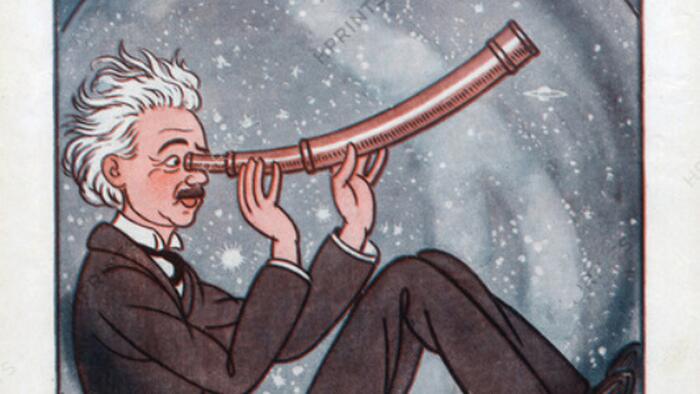The 2024 presidential election is poised to be one of the most contentious and polarizing contests in American history, with sharp divides between various groups, particularly between former President Donald Trump and Vice President Kamala Harris. Recent polling reveals an overwhelming support for Harris among academia, specifically professors, of whom 78% express intent to vote for her compared to a mere 8% supporting Trump. This striking statistic underscores a broader trend in higher education, where a lack of ideological diversity is becoming increasingly evident, contributing to the perception of academia as an echo chamber biased against conservative viewpoints.
Within higher education, the ongoing trend of excluding dissenting opinions—especially conservative and libertarian perspectives—has alarmed some educators, while others advocate even more substantial political engagement. For instance, Wesleyan University President Michael Roth’s op-ed advocates for universities to abandon “institutional neutrality” and openly endorse political figures like Harris, framing neutrality as a retreat from civic responsibility. Roth’s rhetoric demonstrates a strong inclination among higher education leaders to push a specific ideological agenda, further alienating would-be conservative faculty and students and placing doubt on the integrity of educational institutions.
The implications of this ongoing ideological homogenization are substantial; studies reveal that many law school faculties across the United States are overwhelmingly liberal, with a mere 9% identifying as conservative. Such a stark imbalance not only reflects a broader societal concern about the lack of diverse intellectual discourse available to students but raises questions about the educational content and perspectives being taught. Roth’s acknowledgment of the need for affirmative action for conservatives indicates a recognition of this peripheralization, yet he simultaneously propels the call for increased advocacy, seemingly without considering the long-term repercussions for the academic environment.
Prominent institutions like Harvard exemplify the pervasive liberal bias in academic faculty. Research shows that Harvard’s faculty composition reflects a dissonance with the national landscape, as they overwhelmingly privilege liberal perspectives, creating a stark difference between the views held by faculty and those of the general populace. This disparity is not arbitrary; it highlights systematic exclusion practices that disadvantage conservative viewpoints. As the campus culture becomes more fervently liberal, the experiences of conservative students are marginalized, fostering an environment where self-censorship becomes an alarming trend, particularly among those who fear repercussions for expressing dissenting views.
While some academics dismiss the concerns of conservative students as mere entitlement or weakness, this dismissal ignores the reality of academic power dynamics. It prioritizes an ideological narrative over the protection of free expression in educational settings. Instances of “cancel culture” and the disinvitation of speakers embody this issue, as students observe that challenging the dominant ideological narrative can lead to isolation and professional harm. The situation at Harvard illustrates a troubling trend in which academia not only fails to protect varied perspectives but actively participates in silencing those divergent views, thereby compromising the core mission of education itself.
Despite these challenges, there are pocketed instances of hope where exposure to a range of perspectives has led to a reevaluation of staunch positions within academic contexts. However, the likelihood of meaningful change remains slim, as the increasing identification of faculty with partisan political postures suggests a reluctance to foster real ideological diversity. The overarching question remains whether the academic ecosystem will continue to alienate potential conservative faculty and students or strive for a more inclusive intellectual environment that reflects a broader spectrum of American thought. This decision will have profound implications on the future of higher education and its role in fostering democratic values and critical discourse.

